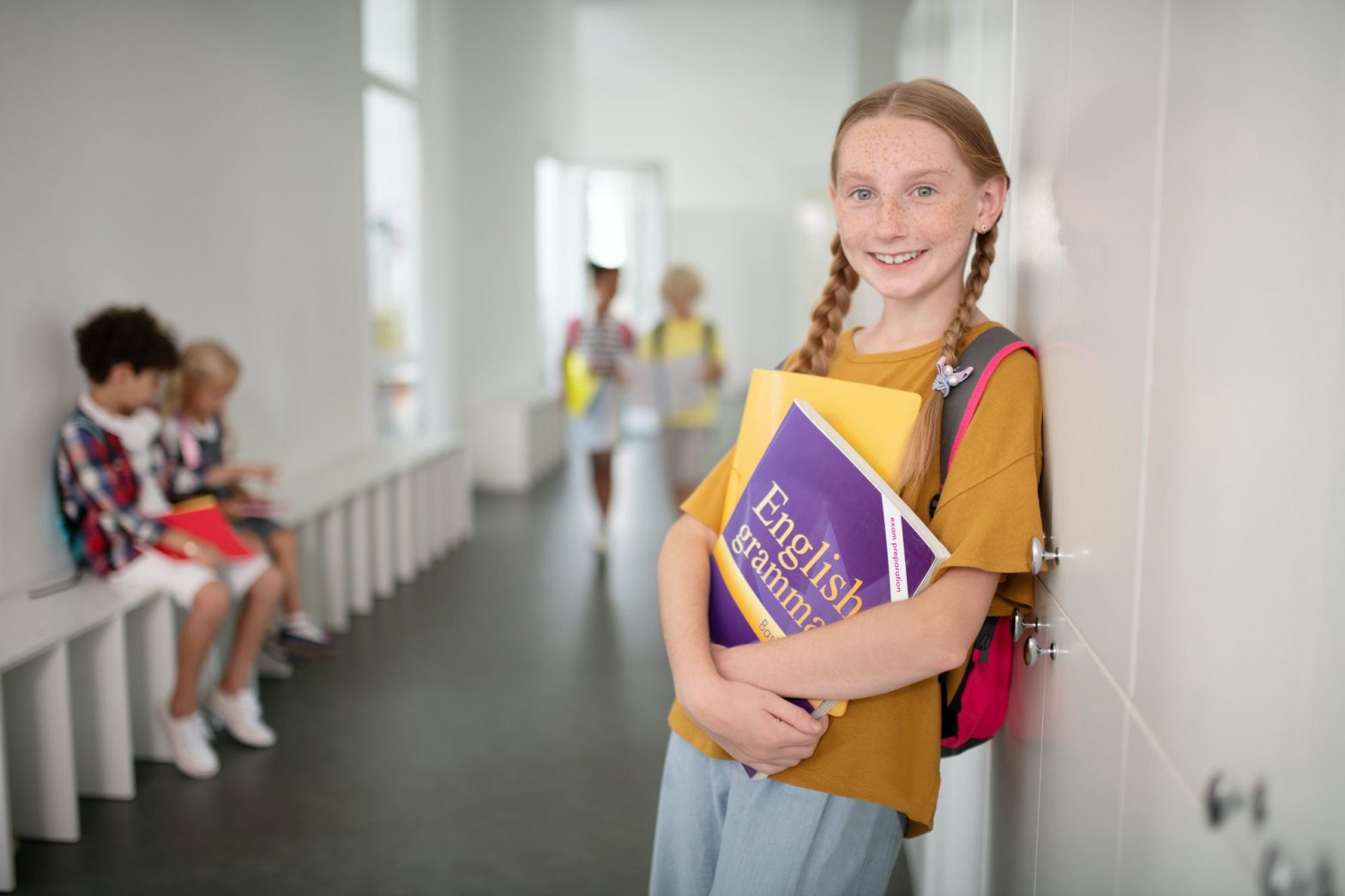By the end of year 6, all children should be familiar with synonyms and what this means. Whether they are sitting an 11+ exam or not is up to them but it’s required by law!
By the end of year 6, all children should be familiar with synonyms and what this means. Whether they are sitting an 11+ exam or not is up to them but it’s required by law!
If your child is sitting the 11+ exams, they will need to know plenty of different kinds of words in preparation for their verbal reasoning and English tests. To practice for this, they will need to practice various practice papers, complete different writing exercises where they need to think carefully about their word choices.
When thinking about how best to prepare your child for their 11 Plus exams, these types of words (synonyms and antonyms), you need to have a good plan to help your child become familiar with 11 Plus level vocabulary – and the different variants of the same words, and their opposites.
What is a Synonym?

A synonym is a word with the same or a closely related meaning. An example might be the word happy. A synonym to happy could be cheery or delighted.
Or for the word lucky, a synonym might be fortunate or favoured.
What is an Antonym?
An antonym, however, is a word with the opposite meaning. If we follow our earlier example of the word happy, then an antonym would be unhappy or sad.
For a useful resource to help your child learn vital words in preparation for their 11 plus exams, you can have a look at our Synonyms and Antonyms Workbook, Vital Words Dictionary and Vital Words Workbook.
Whether at home or school, your child will need to acquire a varied understanding of the English language to be in with a strong chance at doing well in their exams, and knowing the difference between synonyms and antonyms is a great place for your child to start.
The importance of strong vocabulary applies to both the GL and the CEM grammar school selection papers. Many independent schools are also using ISEB-adaptive tests, which are heavily focused on vocabulary, too.
Why are Synonyms and Antonyms Necessary for the 11 Plus?

The English papers in the 11 Plus exams are designed to test the student’s understanding and knowledge of the English language, grammar and vocabulary, too. To build this understanding, it will often require that your child read advanced books – and often.
And if we follow our second example, then an antonym for ‘lucky’ would be ‘unlucky’ or ‘unfortunate’.
The Importance of Synonyms and Antonyms for Primary School Children
Whether or not your child is preparing for their 11 Plus exams, they will be expected to have a varied understanding of different words, both old and new, modern words.
Knowing a variety of words will, gradually, improve your child’s vocabulary and writing, too. By the time they finish primary school, it is expected that children have a solid grasp on more exciting and interesting words and adjectives instead of the generic ‘happy’, ‘sad’ or ‘boring’.
But if your child lacks this knowledge, you will need a faster way to help your child get a grasp of words – and their meanings – as quickly as possible! This is why we have developed a useful range of products to help your child fasttrack this process.


Leave a Reply
You must be logged in to post a comment.